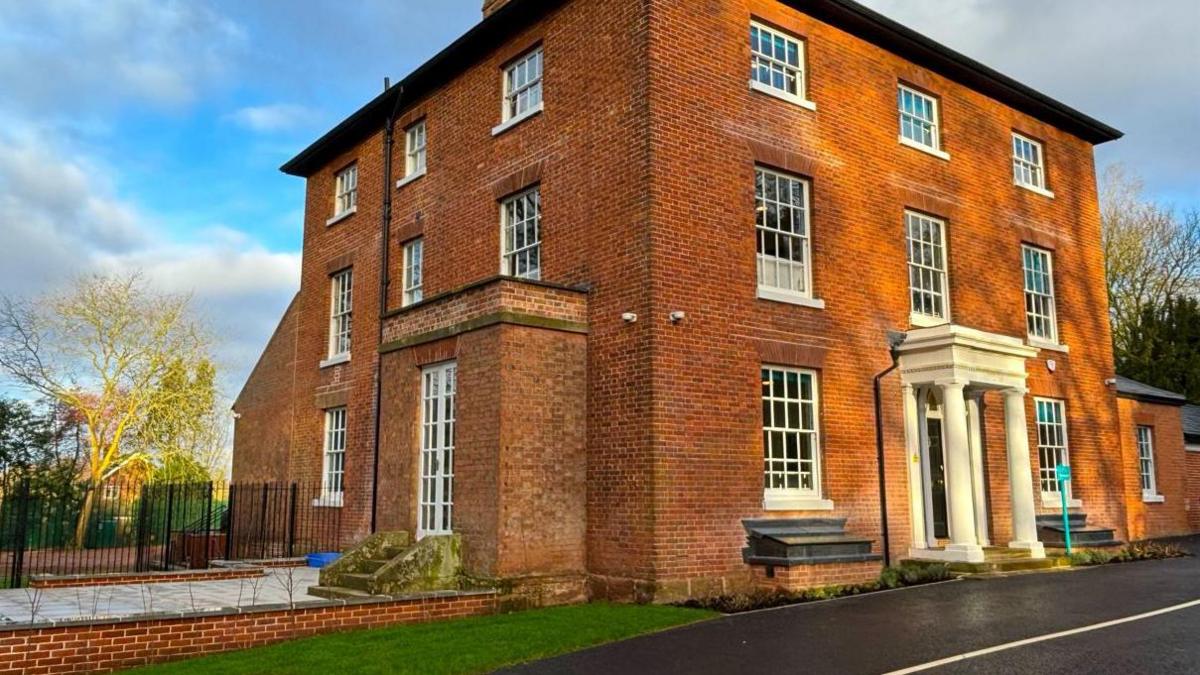Hundreds waiting for special school places
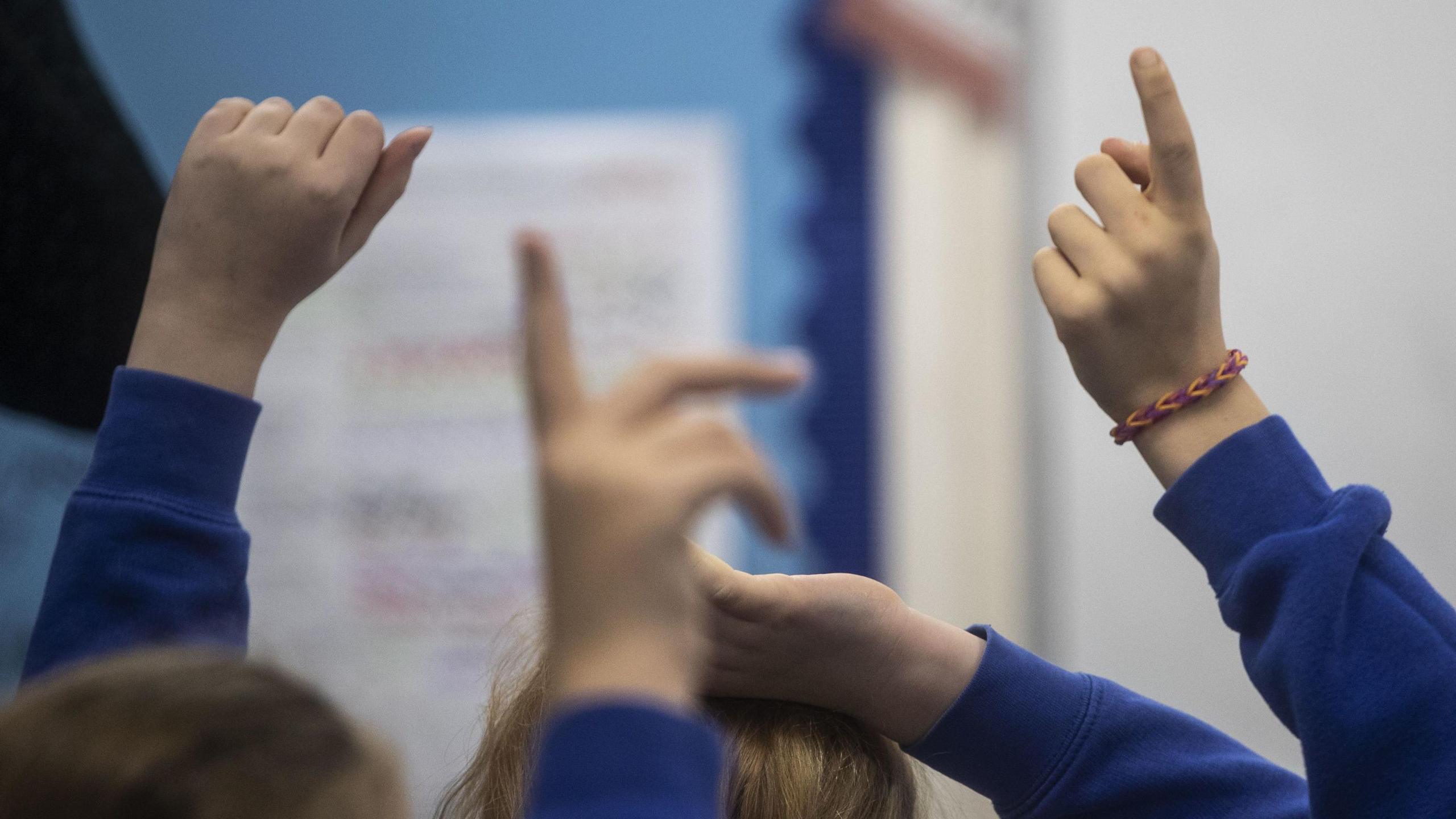
The number of Worcestershire pupils forecast to require special school provision is set to rise from 1,035 to 1,218 by 2026
- Published
Almost 250 children in Worcestershire have been waiting for a place in a special school this year, according to a new report by the county council.
The local authority’s annual survey of school places also revealed 73 children with special educational needs were not enrolled in any type of educational provision, as of January.
The council’s Conservative cabinet will discuss ways to improve provision on Thursday, with demand forecast to peak in 2028.
One special school in Worcester has urged the local authority to make a significant investment in new buildings, to avoid “dire consequences” for children.
A total of 248 children were awaiting a specialist placement at the start of 2024, according to Worcestershire County Council’s annual update on education sufficiency.
The cabinet report said current funding meant “options to develop new schools or significantly expand existing schools are not affordable”.
“It’s absolutely devastating to us as a family,” said Lorraine, a mother from Evesham.
For the last two years her autistic son Reuben, 7, has been out of full-time education.
“He’s really not done much… apart from a specialist pathway where he gets six hours [of education] a week. Because there’s no school that meets his needs.
Despite the county council applying for a place at six different specialist providers, Lorraine said they had not heard back from one.
“I don’t have much hope… it gives us more concern he’s going to be delayed even more”, she said.

Seven year old Reuben was diagnosed with autism two years ago
The Department for Education has agreed to fund a new special school for 120 autistic children, which could open in Malvern in 2026.
However, the county council’s report forecasts more children will be need to be offered expensive independent provision, inside or outside the county.
One option under consideration is to ask existing special schools in the county to accept more children.
But ahead of the cabinet meeting, governors at Fort Royal primary, a special school in Worcester wrote to warn it of a “capacity crisis”.
“We can’t do that. We cannot grow to 300 pupils,” said Robyn Norfolk, the school’s safeguarding governor.
“We just don’t have the space, it’s just not safe”.
Ms Norfolk said Fort Royal had already increased its capacity by more than 50% since 2017, by installing mobile classrooms.
To bring class sizes down, she said from September 2024 it would start to reduce the number of pupils.
“Having to turn families away is soul-destroying... the alternative is for the local authority to invest in completely brand, spanking new infrastructure, take brave action, borrow some money and plan for the increase in capacity”.
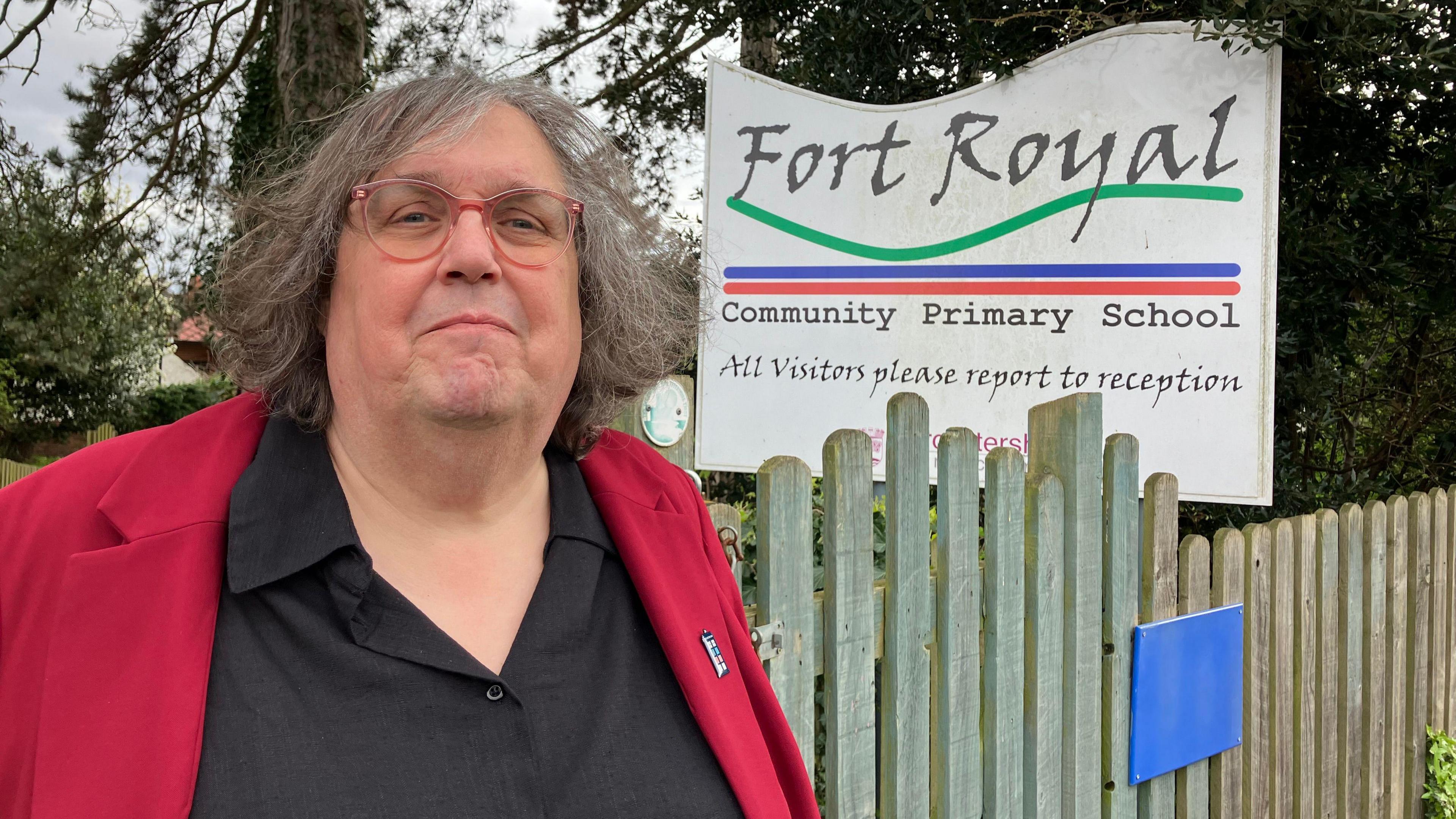
Fort Royal governor Robyn Norfolk, a local Labour councillor, said the school was at capacity
In response to the governors’ concerns, Worcestershire County Council said it was working with all schools, and lobbying central government for additional funding.
“We continue to work with all schools around inclusion and with all specialist settings," said councillor Tracey Onslow, cabinet member for education.
"Options include re-configuration of spaces, expansions, or conversion of temporary accommodation to permanent builds”, she added.
Follow BBC West Midlands on Facebook, external, X, external and Instagram, external. Send your story ideas to: newsonline.westmidlands@bbc.co.uk, external
Related topics
- Published19 March 2024
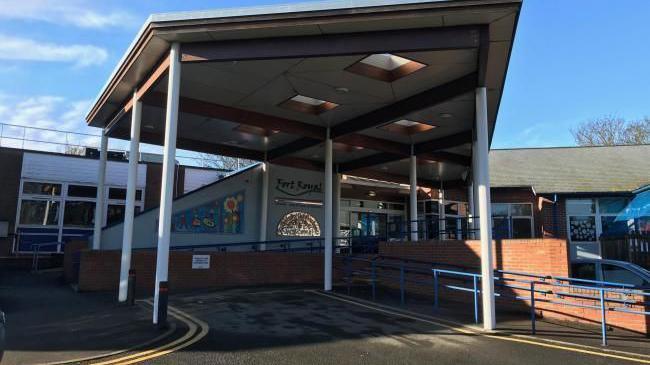
- Published13 October 2023
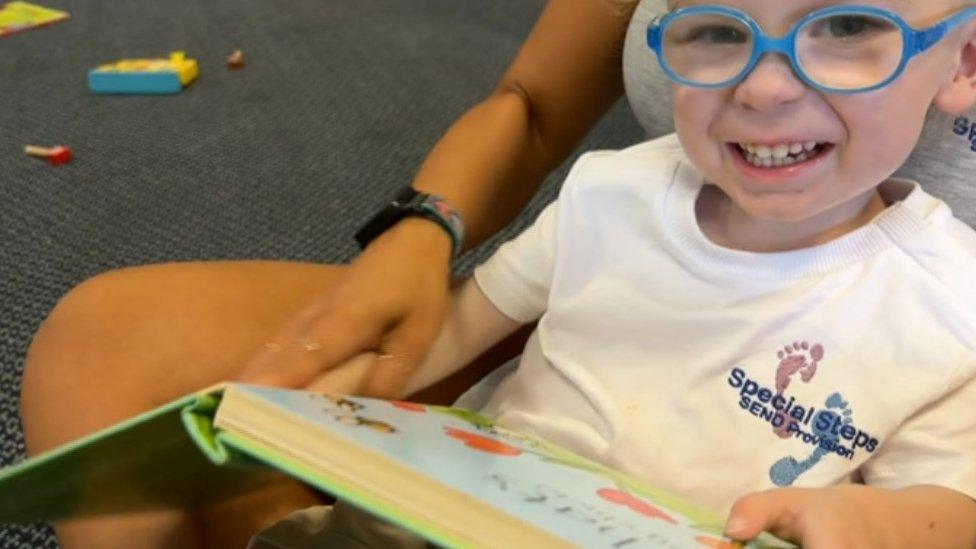
- Published26 February 2024
